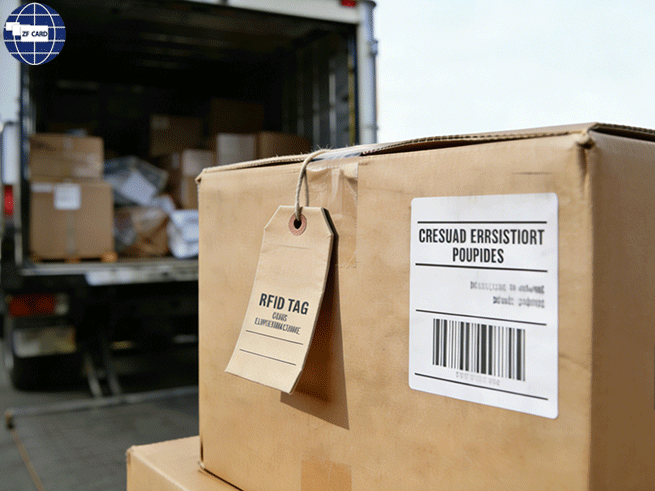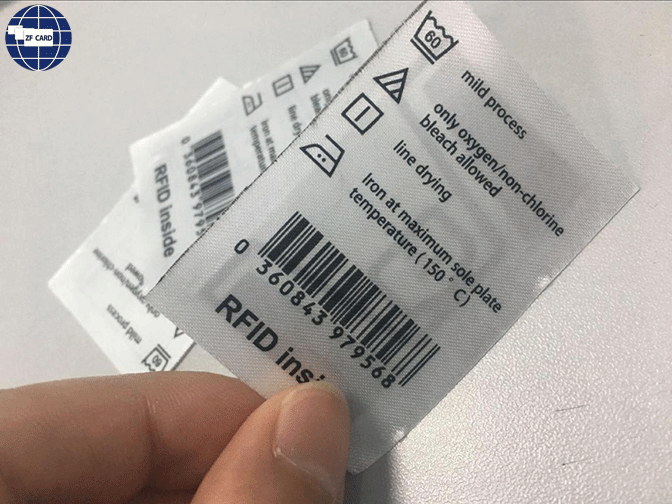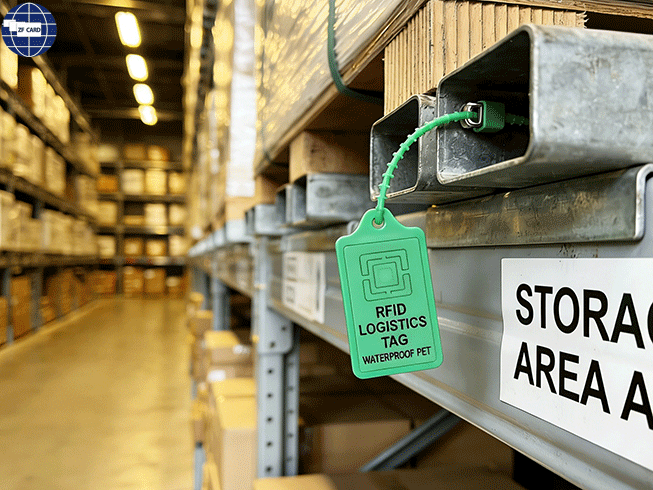-
 RFID Tag
RFID Tag
 HF RFID Tag
HF RFID Tag
 UHF RFID Tag
UHF RFID Tag
 RFID Labels or Sticker
RFID Labels or Sticker
 UHF RFID Labels or Sticker
UHF RFID Labels or Sticker
 RFID Epoxy Tag
RFID Epoxy Tag
 RFID Tag Card
RFID Tag Card
 RFID Ear Tag
RFID Ear Tag
 RFID Laundry Tag
RFID Laundry Tag
 RFID Cable Tie Tag
RFID Cable Tie Tag
 RFID Tire Tag
RFID Tire Tag
 RFID Clothes Tag
RFID Clothes Tag
 RFID Jewelry Tag
RFID Jewelry Tag
 Anti Metal Rfid Tag
Anti Metal Rfid Tag
 RFID Nail Tag
RFID Nail Tag
 RFID Screw Tag
RFID Screw Tag
 Embedded RFID Tag
Embedded RFID Tag
 Ceramic RFID Tag
Ceramic RFID Tag
 Flexible RFID Tag
Flexible RFID Tag
 Special Tag
Special Tag
 HF ABS Tag
HF ABS Tag
 UHF ABS Tag
UHF ABS Tag
 ABS Anti-metal Tag
ABS Anti-metal Tag
 HF PCB Anti-metal Tag
HF PCB Anti-metal Tag
 UHF PCB Anti-metal Tag
UHF PCB Anti-metal Tag
 UHF PPS Tag
UHF PPS Tag
 HF PPS Tag
HF PPS Tag
 HF FPC Tag
HF FPC Tag
 Industry Application Tag
Industry Application Tag
 RFID Tags For Warehouse
RFID Tags For Warehouse
 RFID Tags For Asset
RFID Tags For Asset
 RFID Tags For Apparel
RFID Tags For Apparel
 RFID Tags For Laundry
RFID Tags For Laundry
 RFID Tags For Books
RFID Tags For Books
 RFID Tags For Patrol
RFID Tags For Patrol
 RFID Tags For Animals
RFID Tags For Animals
 EN
EN


























 英语
英语










